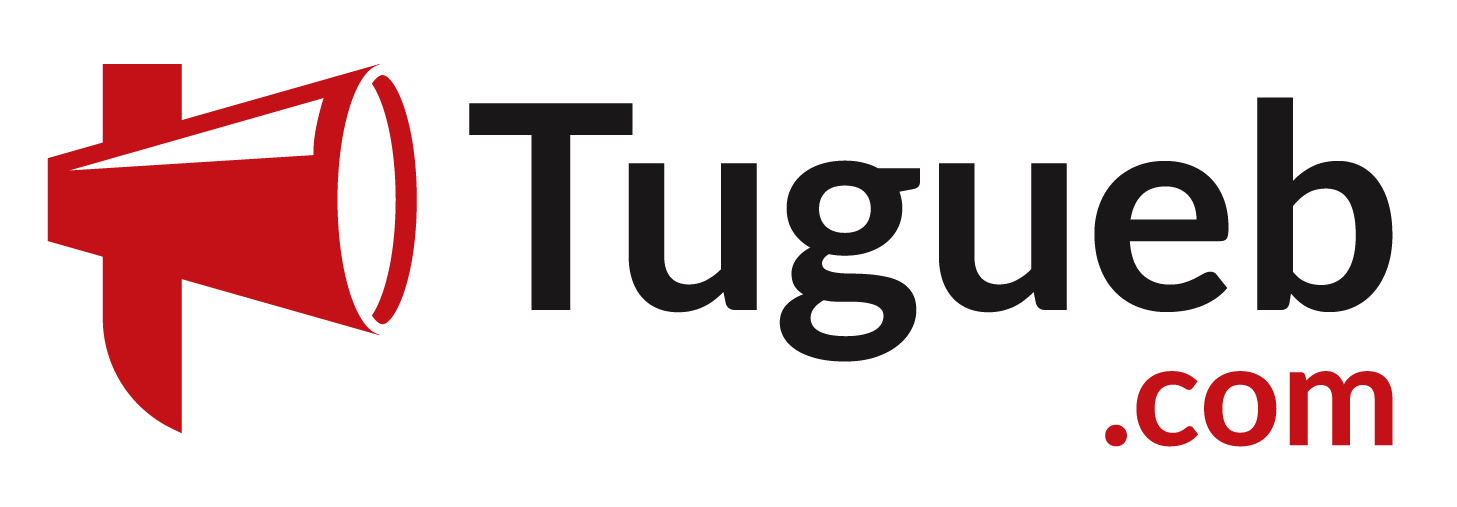Startup businesses need various types of insurance to protect them against an array of different problems that could occur. There are a lot of legal liability and financial issues that can get in the way of your business succeeding. Getting the right insurance in place can help protect startup business assets, data, stock, employees, customers and more. Having cover in place can stop startup owners worrying and leave them free to focus on other parts of their business.
Businesses are required to have some types of insurance by law, such as employers’ liability. This is required if your business hires any staff, as it covers the costs of employee claims for illness or injury caused by their work due to employers’ negligence. Whereas most other types of insurance are a choice, so it’s important to understand which ones your startup business should purchase.
We will help you throughout this guide as we explore the different insurance options that startup businesses should get if they want long-term security.
Business Insurance
This type of insurance should be owned by every single business in the world, as it adds a lot of credibility. It can help protect a business owner against everyday risks that could affect day-to-day operations. If there are any internal mistakes, abrupt stock changes, damage to premises or extreme legal costs, business insurance can cover a business and help pay for these.
Confidence is key with any business and having this insurance in place will reassure you that your business won’t suffer as much from any unforeseen knockback. This can relieve stress if you are low on any funds.
Commercial Property Insurance
Rebuilding your business premises after any form of damage can be expensive, which is why you need commercial property insurance. It can help cover your business against risks, such as burst pipes, fire, flooding, storms or theft.
Commercial property insurance is split up into two parts; buildings and contents insurance. Buildings insurance will cover you against repairs of the actual property. If you rent the building, this insurance will be the landlord’s responsibility.
Contents insurance considers what’s inside the property, as it will help with replacing items that have been stolen or damaged beyond repair. This will cover several things, such as electronics, furniture, clothing and any expensive kitchenware.
Public Liability Insurance
Public liability insurance offers financial protection to business owners in the event of an injury or property damage claim made by a client or customer. There can be a lot of legal fees involved with dealing with such claims and this can hinder your business progress, so having this insurance in place can give you more peace of mind.
This type of insurance isn’t a legal requirement, but it is considered to be an essential for startup businesses in particular. Other companies or clients would expect you to have this in place if they want to do business with you.
Product Liability Insurance
Certain startup businesses will need product liability insurance as an essential. Manufacturers, designers or suppliers of products will benefit from this insurance, as it can cover compensation if someone claims to be injured by one of your products. You can still be liable for faulty products even if your startup made mistakes but didn’t manufacture them.
You require product liability insurance if your business name is on the product, or if your business repairs or refurbished the product that has caused the injury. Financial startup businesses will not require this type of insurance.
Cyber Insurance
Cyber insurance is a type of coverage intended to shield your company from risks associated with technology, like harmful cyberattacks on company devices or any kind of data breach. Although a company is in charge of its own cyber security techniques, obtaining the appropriate insurance will ensure that you are not left alone in the event of a cyberattack. Staying up to date in a time of artificial intelligence and increasingly complex scamming techniques is also key.
Cyber coverage might offer vital assistance to keep your company afloat. Insurers assist companies of all sizes and are aware of the hazards associated with cyberspace. It can help with identifying problems early, stop cyberattacks, recover from losses and strengthen your cyber security strategy.
Accident Insurance
If an accident causes injury that prevents you or any of your employees from working, accident insurance can help with covering these costs. You can’t control everything, even if you believe that the work you and your workers conduct is not particularly risky and that accidents at work are unlikely. An accident can happen with just a moment’s distraction, making this type of insurance a necessity for startups.
Please note that certain hazardous activities aren’t covered by this insurance, such as winter sports, mountaineering and rock-climbing.
Key Man Insurance
Key man insurance is a type of life insurance policy for businesses. This type of insurance is taken out by a business to cover key personnel, such as directors or managers. If something serious happens to these individuals, it will allow the business to continue to trade during their absence.
The business will receive a payment from their insurance company, which they can use to keep the company afloat by protecting profits, revenue and payments during this time. This can help with keeping a competitive advantage over rival businesses.
Commercial Auto Insurance
Startup businesses that rely on vehicle usage will need to have commercial auto insurance. This will have you covered with liability and damage protection for cars, vans and trucks, so that you aren’t stressed with paying the fees that you might not have. Commercial vehicles are exposed to more risk than personal ones, so they require a separate policy.
Common professions that purchase commercial auto insurance include contractors, delivery companies, transportation companies, food services and non-profit organisations. There are some things that aren’t covered by commercial auto insurance like non-related medical expenses, contents inside the vehicle, personal vehicle accidents and repairs to a rental. You should take this into account when looking for this type of insurance.
Business Interruption Insurance
Unexpected events can get in the way of business plans and completely halt the growth of your brand. Business interruption insurance covers you for loss of income during unpredictable events when you cannot carry out normal business. The aim is to keep your business in the exact same trading position that it was before the event occurred.
There are a few types of business interruption insurance, such as business income coverage, extra expenses coverage, contingent business interruption coverage, and civil authority coverage. Each of these will protect your business from different kinds of events that you never saw coming, so choosing the right coverage is crucial.






















